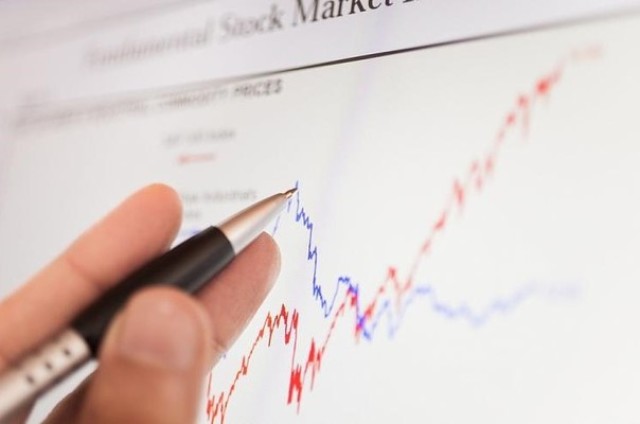The growth rate of new technology companies in Russia is one of the lowest in the markets of developing countries, according to the BCG report, which was reviewed by Kommersant. According to him, the Russian Federation accounts for about 3% of the total number of such companies (more than 10 thousand) based in emerging markets since 2014.
BCG included six Russian companies in the list of top 100 technology companies in developing countries: Yandex Internet holdings and Mail.ru Group, retailer of Wildberries, mobile game developer Playrix, software developer 1C and Tinkoff Bank.
The study's authors point out that the average revenue of these companies is $1.8 billion a year, and the growth rate is six times higher than that of technology companies in the S&P 500 index. At the same time, the average valuation of a Russian company from this list is $5.2 billion, which is "slightly lower than that of comparable contenders for leadership in the technology sector in other emerging markets." Russian companies are also " more focused on emerging markets and their own domestic market."
In June, it was reported that the Russian venture technology market could lose up to 30% due to the coronavirus. Its estimates differ greatly depending on the methodology: in 2019, the market could reach from 11.6 billion to 56.2 billion rubles.
If we start from the fact that the share of the Russian venture capital market was 0.3% of the world, then the three percent contribution of Russian companies among the new ones over the past six years is "a good figure," says Alexey Solovyov, founder of A. Partners. The market has actually existed for only about ten years, which is not enough for a large number of notable companies to appear, but the situation will change, the investor is sure.
The interviewed experts point out that the statistics may also be influenced by the fact that Russian companies often prefer foreign jurisdictions.
When a company enters global markets, it actually "removes the Russian flag", otherwise it will be difficult to find clients, says Alexander Chachava, managing partner of Leta Capital. "As a result, some of the statistics just fall out and it turns out that the Russian company is called only the one that operates mainly in the domestic market," he explains.
It's not just the Russian origin, because in many Western countries there are measures to protect the local market, and it's not always easy to pass them, this is a serious cost, adds Sergey Kudryashov, partner of the Deloitte risk management Department.
The same companies that do not hide their Russian origin, traditionally face a discount when evaluating, the interlocutors are sure. According to Alexey Solovyov, we can talk about a twice lower rating in comparison with a comparable foreign competitor.
Alexey Bogdanov, partner of the investment and capital markets Department of KPMG in Russia and the CIS, agrees that the average market capitalization of Russian technology companies in General is indeed lower than that of their foreign counterparts, but notes that the multipliers to revenue may be even higher.



